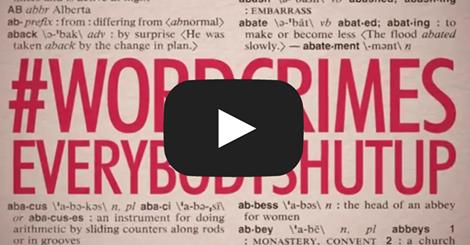
by Liz Bureman |
With the start of 2015, everyone is in the midst of making and (hopefully) following through on their New Year’s resolutions. One of mine, in addition to going to the gym (which I’ve already hurt myself doing), is to resume journaling on a semi-regular basis. I used to be a religious journaler about five years ago, but I’ve moved away from the practice, mostly because I keep forgetting/watching episodes of the West Wing on Netflix. Since then, I’ve received two more blank journals as gifts, so I take this as a sign that the universe wants me to pick up the pen again.

by Liz Bureman |
A lot of writers and writing blogs on the internet are revving up their engines for NaNoWriMo, which starts on Saturday. I’m not one of those masses, mostly because my love is the editing process moreso than the actual story creation and writing process. As much as I champion the benefits of an editorial eye, I believe that the editorial process should be scrapped during NaNoWriMo in favor of making December NaNoEdMo (even though NaNoEdMo is actually in March).

by Liz Bureman |
Red herrings are staples of the mystery and suspense genres, but they also can pop up in myriad other works and genres. But what is a red herring? Find out…

by Liz Bureman |
I read Gillian Flynn’s Gone Girl way back in January after hearing that A. it was amazing, and B. it would be getting a theatrical release in October 2014. I loved the book, and as soon as I started seeing trailers for the movie, I got it into my head that I MUST SEE THIS FILM. The moody teaser, the dark score accompanying the scenes of a marriage unraveling, the mystery of whose story is the truth: the whole thing dragged me in. I saw the movie on Sunday, and it definitely did not disappoint, at least as far as I’m concerned. There’s a lot of debate around the plot, which I won’t go into here because pretty much anything I say would be a huge spoiler.

by Liz Bureman |
Weird Al came out with a new album fairly recently, and my boyfriend sent me a link to his video for “Word Crimes” because, let’s face it, it’s me we’re talking about. For reference, in case any of you aren’t as aware of Weird Al’s affinity for grammar, he’s a self-described grammar nazi, and this song is a clear indication of that fact.




